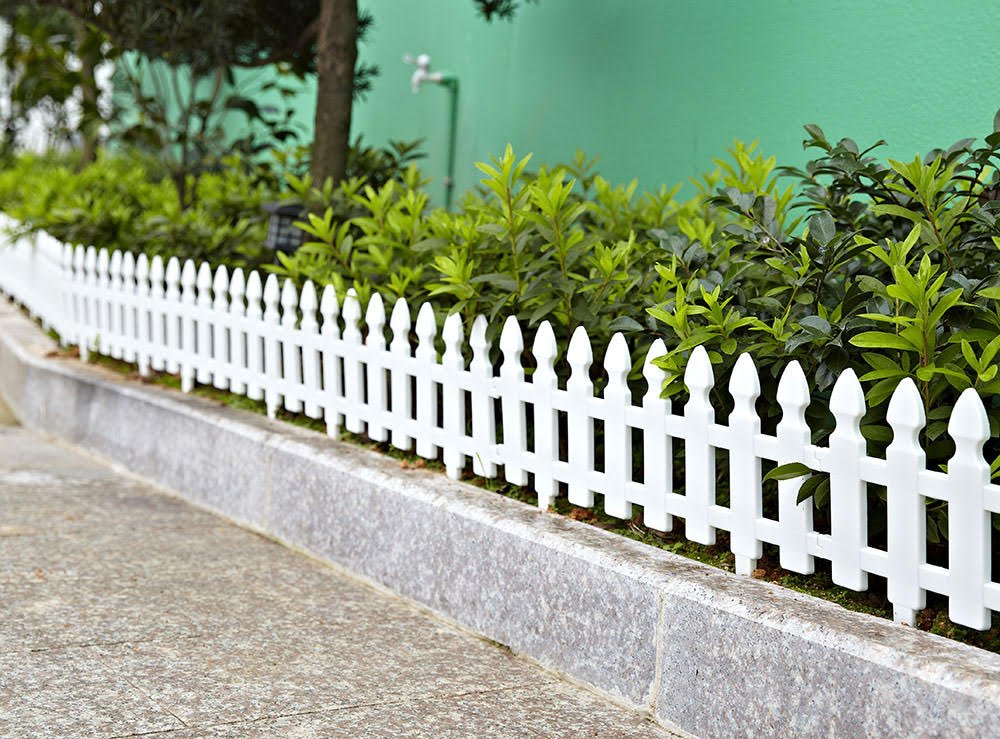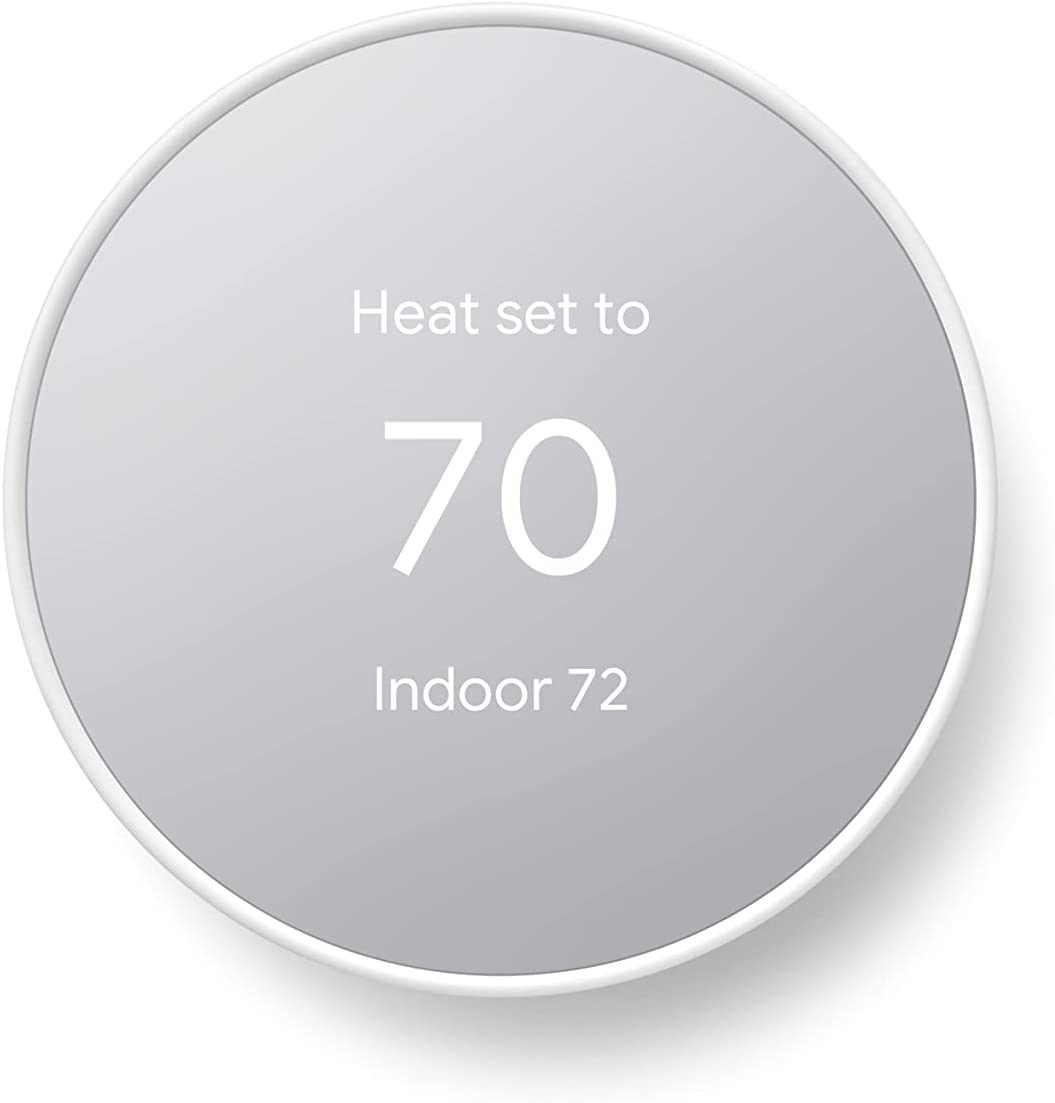How to choose the perfect fence for your garden?

Installing a fence is a fantastic choice for improving both the visual appeal and safety of your garden. It provides an effective means to enhance the aesthetics and security of your outdoor space. A well-chosen fence not only defines the boundaries of outdoor space but also adds privacy and protects your plants and property. Before start exploring different fencing options, it is crucial to identify your specific needs.
Assess your garden’s style
Take a look at the garden’s overall benefits of chainwire fencing style and architecture. The fence chosen should complement the existing design elements. As part of a modern garden with sleek lines and minimalistic features, a contemporary fence with smooth lines will complement the garden. If the garden has a rustic charm, a wooden fence with a more natural and traditional appearance might be a better fit. Different types of fences require varying degrees of maintenance. Some materials, like wood, may require regular staining or painting to protect them from the elements. Others, such as vinyl or aluminum, are relatively low-maintenance and only need occasional cleaning. Assess how much time and effort you are willing to invest in maintaining a fence, as this will influence the choice of materials. Wooden fences are susceptible to rot and insect damage over time, while metal fences may rust if not adequately maintained. Vinyl and composite materials are known for their durability and resistance to the elements, making them popular choices for garden fences.
Determine the desired height
The height of your fence is another crucial consideration. As a means of achieving a higher level of privacy, you should consider installing a taller fence. Local regulations or homeowner association guidelines may also dictate the maximum height allowed for fences in the area, so check those as well.
Before finalizing fence choices, familiarize yourself with local regulations and permits. Some areas have specific rules regarding fence height, materials, and setback distances from property lines. Now you have established your needs and preferences, now is the time to explore the various fencing materials available. A few of the most common materials include wood, vinyl, aluminium, wrought iron, and chain-link. Every substance exhibits distinct qualities that set it apart, offering unique benefits and drawbacks exclusive to its nature. Research and compare the different materials based on their cost, appearance, maintenance requirements, and longevity.
Seek professional advice
Before making a final decision, it is essential to establish a realistic budget for the fencing project. Choosing the appropriate fence for your garden is not a decision to be rushed. Take your time to research and compare different options, visit local suppliers, and even talk to neighbours who have installed fences in their gardens. Gathering as much information as possible will enable an educated choice that suits the garden’s needs and enhances its overall appeal.






